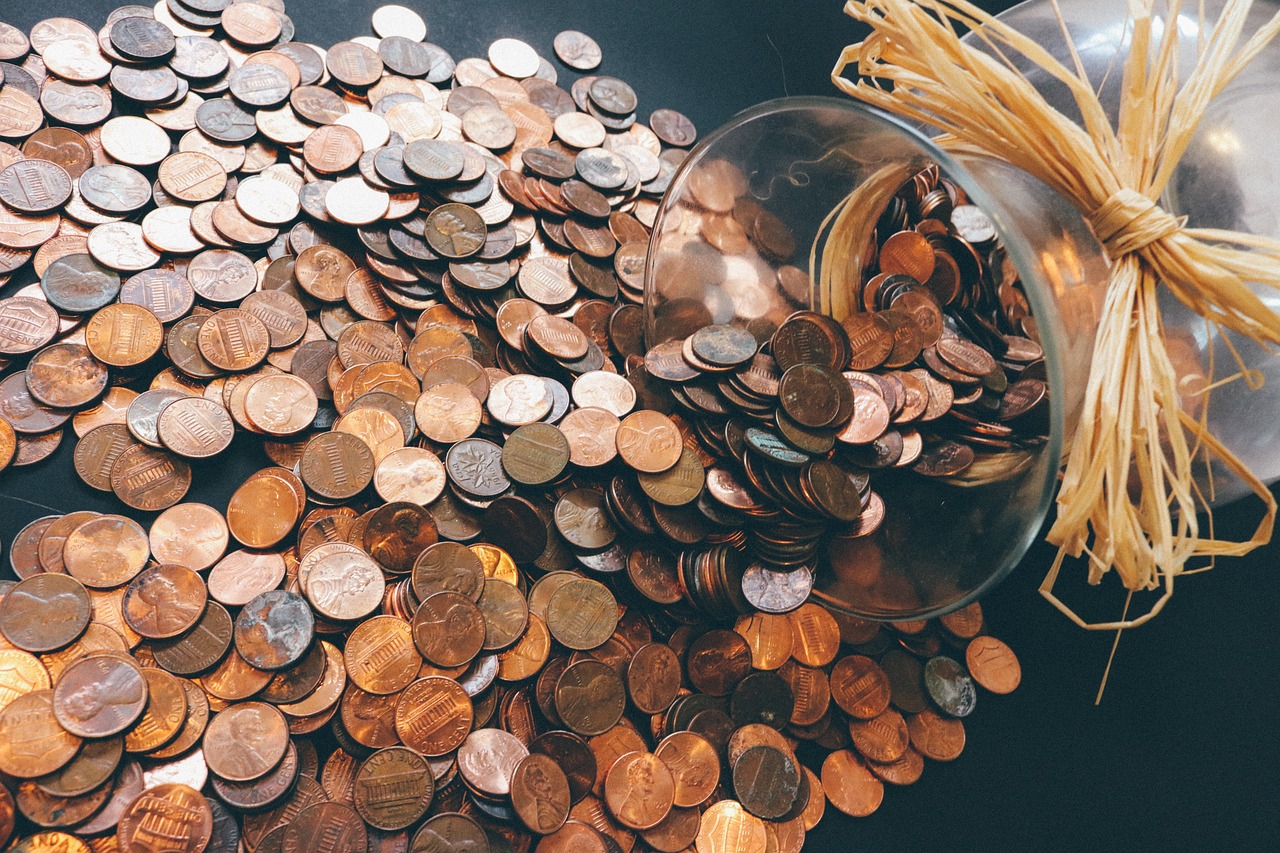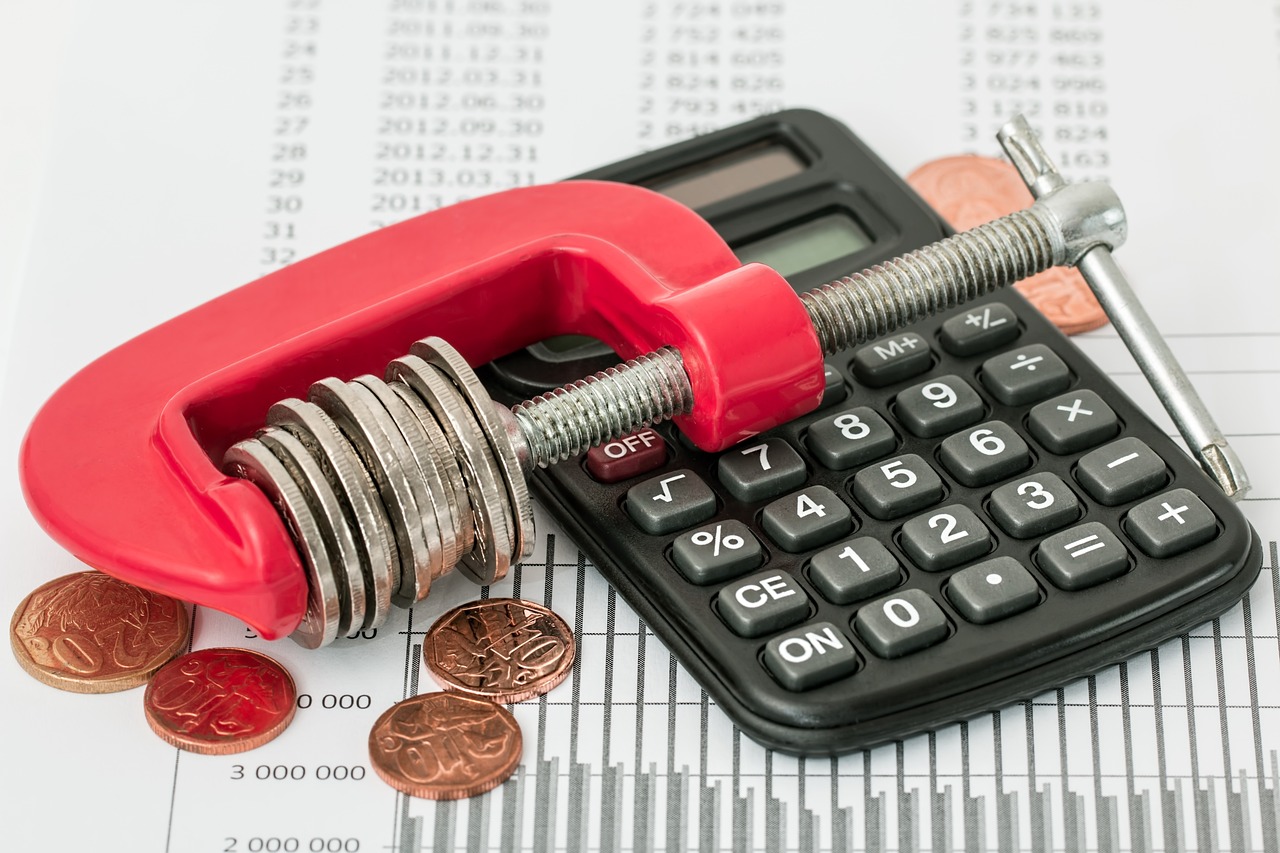

After an extended run of record lows, the federal government has announced an increase of 0.50% in interest rates.
The new rate is an effort to reduce inflation, which has reached unprecedented levels.
A rise in interest rates may have many effects on your personal finances. The cost of borrowing money has increased across the board.
Maybe you heard anything about it recently. The Federal Reserve increased interest rates by 0.5 percentage points in the beginning of May 2022.It may not seem like much, but that 0.5 percentage point rise is the greatest since the year 2000. Chairman of the Federal Reserve Board Jerome Powell has said, “We’re strongly committed to restoring price stability.” Prices may go up again in 2023 and 2024, according to forecasts made by specialists.
What does that mean, though, for the typical American trying to make ends meet while saving for the future? Do high rates of interest hurt the economy as a whole? Will there be a price hike in the future?Let’s back up and take a look at how increased interest rates will affect your household budget.U.S. Government Interest Rates
Okay, let’s take a step back. Please explain the meaning of the Federal Funds Rate to me. Furthermore, why bother?The cost of various interbank loans has been historically set using this rate as a benchmark. It’s also tied to a wide range of variable-rate consumer loans. The prior range was 0.00% to 0.25%, which was quite low. As a result of the recent hike, it is currently 0.75–1.00%.The Federal Interest Rate has an impact on numerous sectors of the American economy. When the cost of borrowing money rises, businesses (and their consumers) tend to reduce their spending. Your investment’s return could suffer as a result. Some in the financial sector, however, think the Fed should keep hiking rates until they hit 3 percent. In February 2008, when the housing crisis was beginning, the Fed dropped rates to that level.
Interest Rates and the Rate of Price Increase
The more relevant question, why is the Federal Interest Rate rising, can be addressed now that we know what it is. In a nutshell, “to counter inflation.” But how does that work, exactly?

The term “inflation” is used to describe the general upward tendency of prices over time. Under normal circumstances, it averages somewhere between 1.5% and 2% annually. Inflation rates are forecast to skyrocket in 2022 for a variety of reasons. Inflation currently ranges from about 7% to about 12%, depending on which source you consult (and which month you use in your calculations).
The Federal Reserve alters interest rates to kerb inflation to some degree. When interest rates rise, businesses and consumers alike tend to cut back on frivolous purchases. When lending and spending stagnate, the dollar tends to rise in value. When the value of the dollar increases, inflation is less of a concern because the same amount of money can buy more goods. However, the effects of changes in interest rates are usually not felt for about a year.
Rent or Mortgage Payments
Those who have adjustable-rate mortgages (ARMs) are particularly vulnerable to interest rate hikes. The term “variable rate” is synonymous with the federal funds rate when discussing interest rates. That’s why when the Fed raises rates, mortgage payments go higher for some consumers. A “fixed mortgage” refers to a loan in which the interest rate is guaranteed to remain stable for the life of the loan. Thankfully, your payments won’t change. When it comes time to renew your mortgage, interest rates may have risen dramatically, which is bad news.

A mortgage with a variable interest rate will have far higher payment increases over time. When opting for a mortgage with such terms, you are taking a risk. You’ll save money if the federal government reduces the interest rate, but you’ll have to pay more if it increases it. If you have the ability to do so, call your mortgage provider and see if you can lock in a rate before it rises.
Rent
Maybe you don’t need a mortgage right now because you’re renting instead of buying. Given how difficult it is to save up for a down payment on a house these days, that’s understandable. What will happen to your rent payments if interest rates continue to rise? The short answer to this enquiry is, “It depends.”
In rent-controlled zones, landlords are only allowed to increase tenants’ monthly payments by a certain percentage. If you don’t, your landlord could raise the rent significantly. Your landlord probably has a mortgage on the home, after all. Their mortgage payment may have simply increased.
Investigate the landlord-tenant laws in your state and municipality. You should know your rights as a renter before consenting to any rent hikes.
Vehicle Financing
Similar to mortgages, auto loans can take many shapes and sizes. Although they are uncommon, car loans with variable interest rates are available. The process of obtaining a loan to finance the acquisition of a vehicle, truck, motorcycle, boat, recreational vehicle, or even simply a few expensive pieces of furniture or equipment is the same. If you used a loan with an adjustable interest rate to pay for these products, you may find that your monthly payments are more than you anticipated.
New fixed-rate loans will also become more expensive. Rates charged by dealers and alternative lenders will increase marginally alongside the federal rate. Prior to further increases in borrowing rates, you should probably get that new vehicle (or boat, or whatever).

Credit Card Interest Rates
It’s common for credit card interest rates to be well above the prime rate. However, certain credit cards’ annual percentage rates (APRs) are variable. Your credit card interest rate will increase in tandem with the federal rate. Your monthly minimum payments may go up as a result (although you should pay more than that).
A rate hike will be felt most keenly by first-time credit card applicants, particularly those with less-than-perfect credit. Businesses will be pickier about lending money to people because of the new, higher interest rate. Even if you have a less-than-perfect credit history, you may still qualify for a credit card with a manageable interest rate.
Student Loans for Higher Education
It’s wonderful news that the federal government guarantees a fixed interest rate for student loans. No matter what the government does, your payments will not change. (Unless, of course, student debt relief is actually passed, but that’s a different story.) Private student loans, as well as federal loan refinancing through a private lender, may come with variable interest rates.
If interest rates go up, your monthly payment for student loans could go up. If you want to check if you can lock in a rate on an existing variable-rate loan, you should contact your lender immediately once. After all, the federal funds rate will very certainly be increased once more in the not-too-distant future.
Annual Percentage Yield of Your Savings
Finally, some positive data Your money will grow at a faster rate as the federal government’s interest rate increases. A half percent might not seem like much, and you’d be right. But whether you have $200 or $100,000 in the bank, it’s still a nice cushion to have.
Certificates of deposit (CDs) and money market accounts (MMAs) are two alternative ways to save that typically offer better rates of return. This development, however, is gradual. A disadvantage does exist, though. If the government increases the interest rate on savings accounts, the interest earned on those accounts will no longer keep pace with inflation. Your savings are decreasing even as the value of your money rises. The value of that sum of money has reduced because of inflation.
Entrepreneurship
One of the ripple effects of raising interest rates is a slowdown in the formation of new small enterprises. Investors think twice about taking out loans to pay start-up costs when interest rates rise. Inflation has disastrous consequences like this. The thousands or maybe millions of jobs that could be created by these local businesses would be a huge boon to the U.S. economy.
The good news is not entirely negative. High inflation and interest rates cause low unemployment. The rising cost of living has made it challenging for firms to retain competent workers without increasing wages. Even with the improvements, the labour force will benefit greatly from this news.
When Interest Rates Go Up, What Should You Do?
You have no say in the interest rate. You’ll just have to accept whatever setting the federal government decides is best. Although it could potentially affect your budget, there are ways to make things more manageable.
Start by noting any debts or loans with adjustable interest rates. It includes mortgages, vehicle loans, credit cards, and HELOCs. If your interest rates are variable, you may want to consider refinancing to a fixed rate. In the event that there are monetary penalties, you should perform the math to determine which option is best for you.
Creditworthiness Rating
One more way to deal with interest rates that are too high is to maintain or improve credit. Your credit score will be one factor considered if money is needed. Even if your interest rate is pegged to the federal rate, lenders will not give you anything except high-interest loans and credit cards if your credit is low. That will set you back somewhat more money.
Regardless of what the federal interest rate is doing, keeping an eye on your credit score is crucial. When interest rates are rising, it is especially important to make on-time payments, reduce debt, monitor credit reports for inaccuracies, and maintain a healthy financial foundation. A high credit score will help you avoid paying exorbitant interest rates if you need to take out a loan in the near future.
Stock market investment
When interest rates and inflation start to rise, investing is a terrific way to protect yourself. If you invest in the stock market for a long enough time, you can expect an annual return of 6-10%. Mutual funds and stock indexes are good places to put your money if you’re finding that your dollar isn’t going as far as it used to.
It may seem irrational to put money away every month to invest in the stock market if you’re already stretching to pay the rent or purchase groceries. The expense of living, however, is not expected to decrease soon. You may put yourself in a far better position for the future if you invest regularly now.

As a result,
The Federal Reserve will have to raise interest rates in response to rising inflation. This measure should, in the long run, help rein back inflation. As a result, the cost of borrowing money will increase for everyone. Those sums can comprise both current and past-due loans.
Find out if the interest rates on your debts are set in stone or if they fluctuate. If possible, you should change to a set rate. Before applying for a loan, whether it’s for a car, a house, or a business, be sure you’ve given it some serious thought. Your old spending plan might not work now that interest rates have gone up. If the interest rate keeps climbing, you may need to adjust your borrowing methods once again.